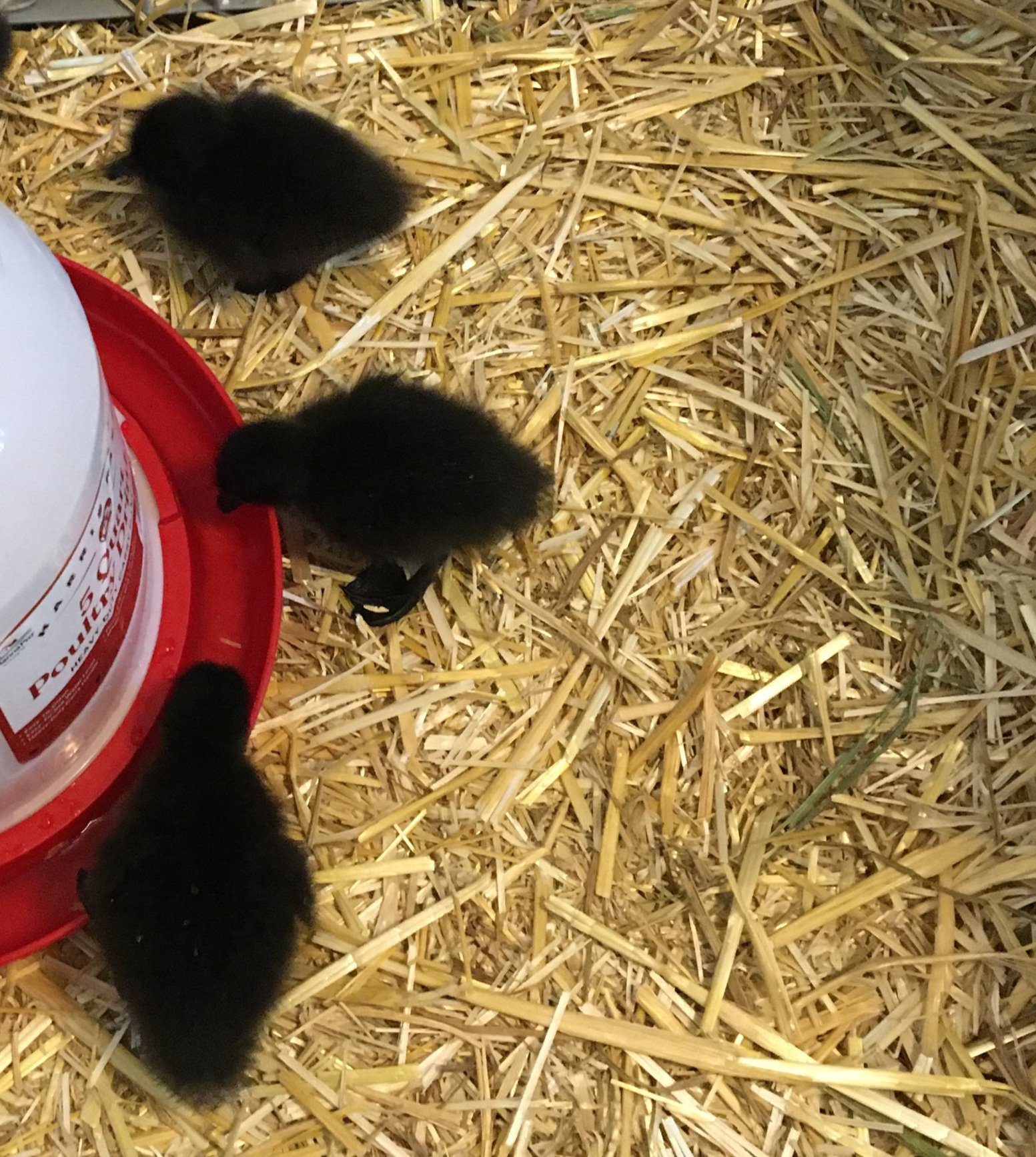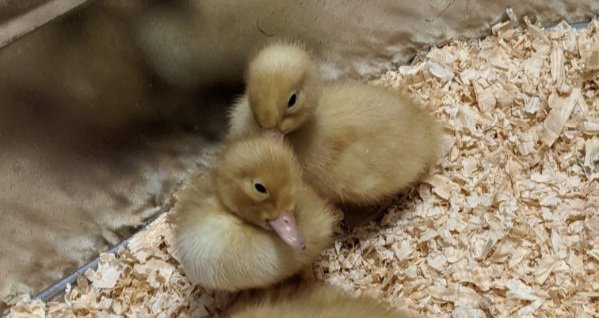Duckling First Aid: How to Handle Common Health Scares Without Panicking
🐥 Common Duckling Health Issues: What to Watch For and When to Act
Raising ducklings isn’t always hard—but sometimes, it really is. And there’s nothing worse than realizing something is wrong and not having a clue what to do. So let’s talk about a few of the most common duckling health problems you might run into and how to handle them.
🦆 Niacin Deficiency (a.k.a. Wobbly Legs)
We’ve already talked about this one, but it’s such a common issue that it’s worth repeating. Ducklings need more niacin (Vitamin B3) than chicks. If they don’t get enough, you might start noticing leg issues—anything from a little instability to completely being unable to walk. It can even lead to serious deformities.
What to Look For
Wobbly or unsteady walking
Reluctance to stand
Splayed legs or legs that stick out at odd angles
Ducklings that just seem tired or unwilling to move
What to Do
Don’t panic—niacin deficiency is often reversible if caught early.
Start supplementing with brewer’s yeast—just mix 1 tablespoon per cup of feed. You should see improvement in a couple of days.
But don’t wait—long-term deficiency can cause permanent damage.
💩 Pasty Butt (Yep, It’s What It Sounds Like)
This one’s more common in chicks, but ducklings can get it too—especially in overly hot, dry, or stressful environments. Basically, poop gets stuck and builds up around their vent, and that can block them from pooping at all.
Signs to Watch For
Poop stuck to the fluff near their vent
Bloating or straining
Lethargy or refusal to eat
What to Do
Take a soft cloth or cotton ball, wet it with warm water, and gently clean the vent area. Do not pull dried poop, no matter how tempting—duckling skin is delicate.
After it’s clean, dab on a little petroleum jelly to help prevent more sticking.
Also check your brooder temp and humidity—pasty butt often means something’s off.
❄️ Chilling or Hypothermia
Ducklings are super temperature-sensitive, especially if they get wet. One wrong splash or a drafty brooder can leave them chilled, and it doesn’t take long before things get serious.
What to Look For
Huddling or lying very still
Shivering, trembling
Cold feet or cold beaks
Not eating or drinking
What to Do
Get them under a heat source immediately. If they’re wet, gently dry them off with a towel (or warm air, but not hot).
You can also offer a little warm sugar water or electrolytes to perk them up.
Don’t ignore it—chilled ducklings can go downhill fast.
😮💨 Respiratory Issues
If your ducklings are sneezing or wheezing, something in their environment may be irritating their respiratory system. Moldy bedding, poor airflow, and dusty conditions are usually the culprits.
Watch For
Sneezing, coughing, open-mouth breathing
Lethargy or constant napping
Wet or bubbly eyes/noses
What to Do
Clean out the brooder and swap in clean, dry bedding (pine shavings or straw are good).
Improve airflow, but avoid direct drafts.
If symptoms stick around or get worse, it’s time for a vet trip—they may need antibiotics.
💥 Coccidiosis (Protozoa Are the Worst)
This one’s more common outdoors but can show up inside too. Coccidiosis is a parasitic infection of the intestinal tract, and it spreads fast through poop-contaminated bedding, feed, or water.
What to Watch For
Bloody or mucous-y poop
Lethargy, puffed-up appearance
Refusing food or losing weight
Sleeping constantly or just not thriving
What to Do
Act immediately.
Isolate the sick duckling(s), sanitize the entire brooder, and change all bedding.
You’ll likely need a medicated treatment (like amprolium)—check your farm store or call your vet.
This one can be fatal within a few days if untreated, so don’t wait and see.
📚 Coccidiosis facts from the Merck Veterinary Manual
👁 Eye Problems
Ducklings are curious. Which means they get stuff in their eyes. Dust, bedding, food—you name it. And sometimes, that leads to irritation or even minor infection.
Signs Include
One eye shut or squinting
Swelling, redness, discharge
Cloudiness or fussiness
What to Do
Gently flush the eye with sterile saline solution.
You can also use a warm compress a few times a day.
If things don’t improve or look infected, it’s time for vet-approved antibiotic drops.
🧠 Final Thoughts: When in Doubt, Slow Down and Step Back
A lot of duckling health problems can be handled with calm observation, quick action, and a steady hand. And look—most of us aren’t vets. You don’t have to have all the answers, but learning what’s normal (and what’s not) goes a long way.
Ducklings go downhill fast when something is wrong, but they also bounce back quickly when given the right care. If something feels off, it’s worth taking a moment to investigate, check your setup, and make changes as needed.
We’d rather you overreact a little than wait too long.



